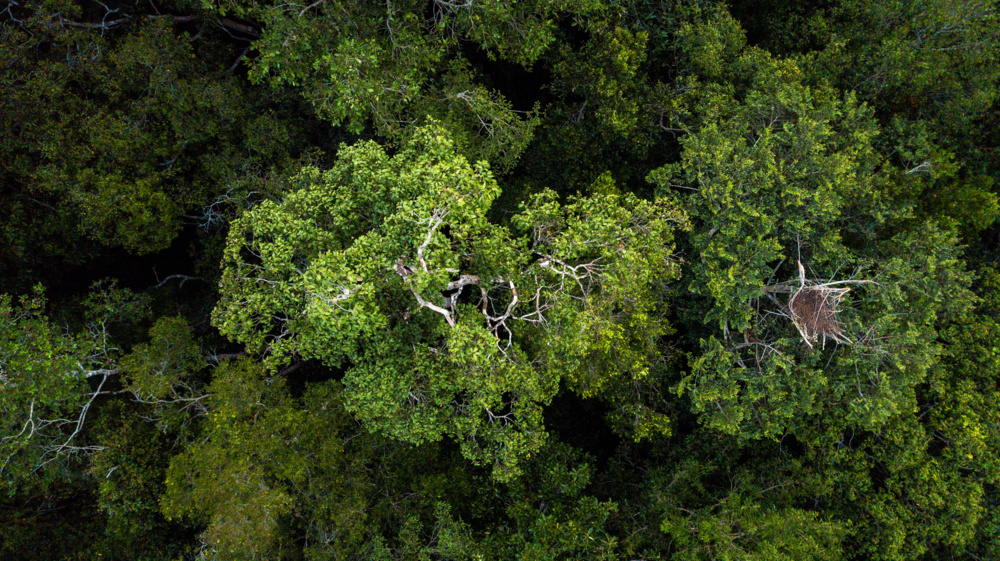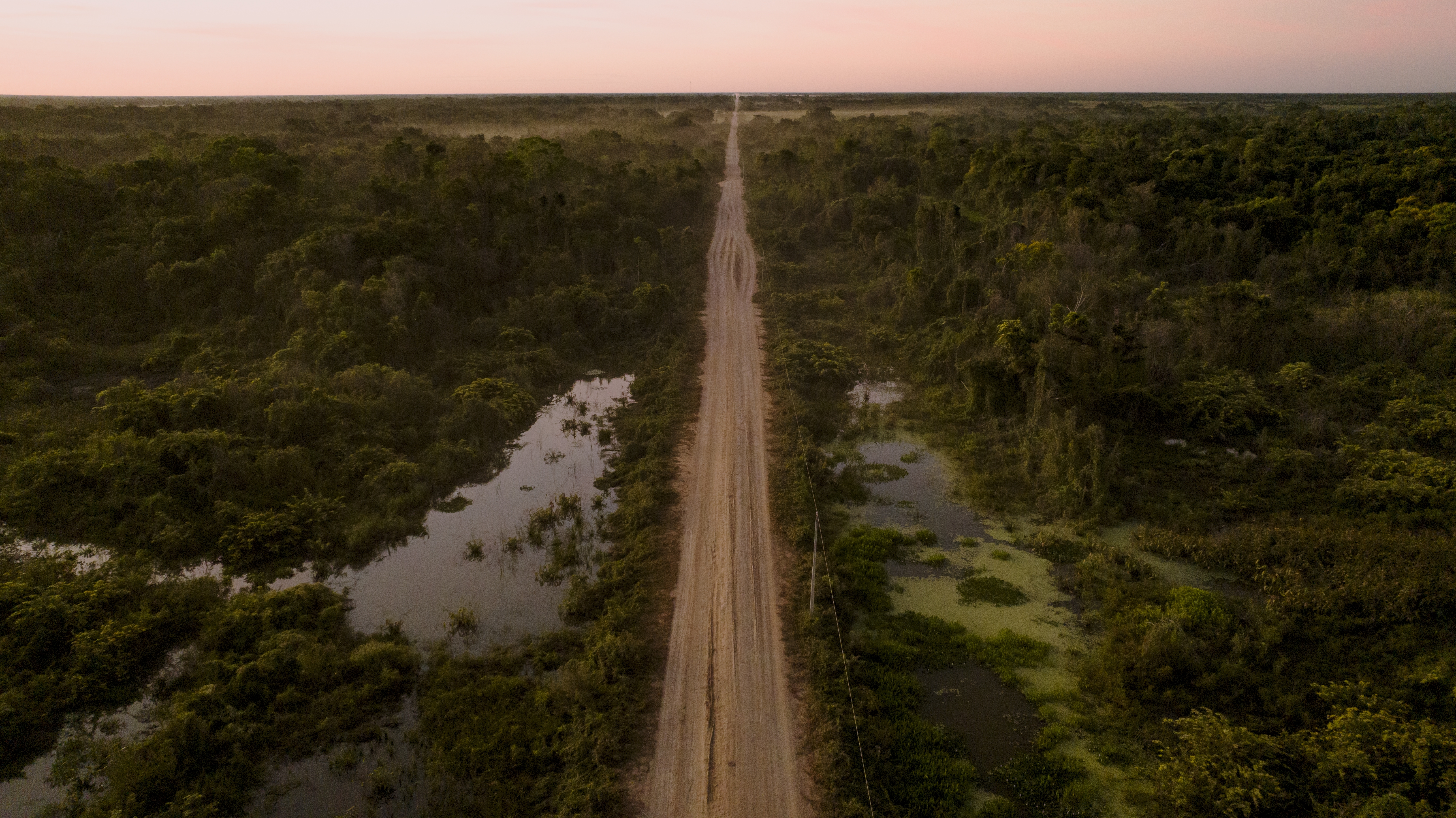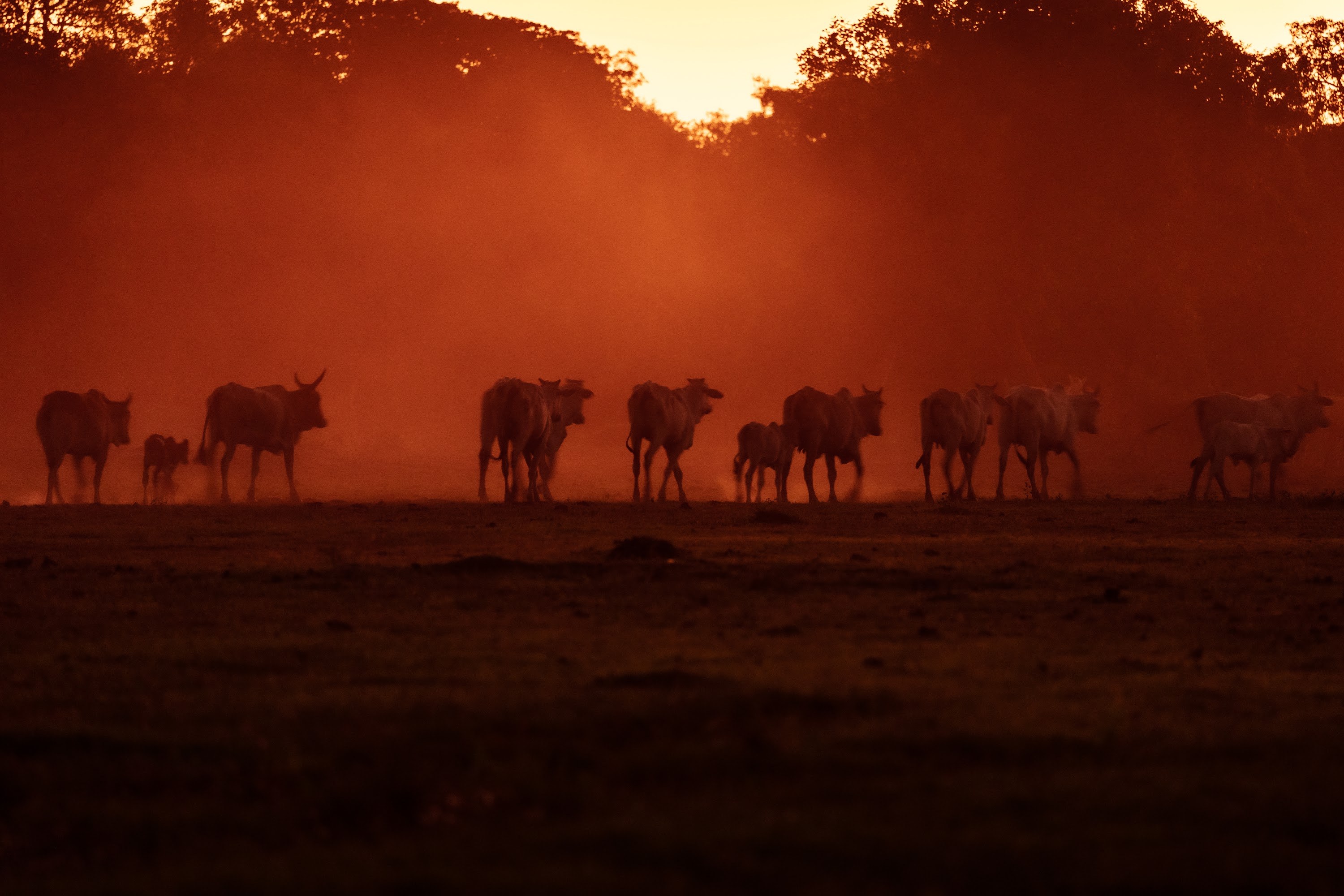
New EU deforestation regulation is a win for forest protection
A new EU law on deforestation-free products entered into force on June 29, 2023. As a major global market, consumption in the EU drives significant deforestation across the world and the new regulation is a welcome, important step towards fixing this.
Forest ecosystems are of tremendous importance. They are home to 80% of the planet’s terrestrial wildlife and sequestered around 15.6 billion metric tons of carbon dioxide each year between 2001-2019. Nearly 1.6 billion people rely on forests for their livelihoods. Despite this pivotal role, deforestation is still rampant. In 2022, the equivalent of 11 football pitches of tropical primary forest were lost every minute.
This has repercussions far beyond the area of the forests themselves. Deforestation contributes 12% of global greenhouse gas emissions per year. This accelerates the climate crisis when forests should be key allies in combating it. The Brazilian Amazon rainforest has become a carbon source, with emissions from deforestation outstripping carbon sequestration in the forest by 3.6 billion metric tons of CO2 over the past 20 years.
Because the majority of the world’s terrestrial wildlife is found in forests, any destruction or degradation is also wiping out key habitats. Deforestation has substantially increased the odds of being listed on the International Union for Conservation of Nature Red List for over 19,000 vertebrate species.
Agricultural expansion is the main driver of deforestation. In particular, large-scale commercial agriculture, such as cattle ranching and soybean and oil palm plantations, accounted for 40% of tropical deforestation between 2000 and 2010. Between 2017-2022 alone, 800 million trees were cut down in the Amazon for cattle ranching.
Nestlé and the German company Tönnies, suppliers of popular supermarkets Lidl and Aldi, are among the companies which bought meat from these meat plants connected to deforestation. Consumers have unwittingly stocked their refrigerators with products driving deforestation. Action to end this should be applauded.
As the world’s largest single market, the EU holds immense power over the future of forests. EU consumption habits and opaque supply chains currently cause 10% of global deforestation. However, as of 29 June 2023, the EU regulation on deforestation-free products has entered into force, giving operators and traders 18 months to implement its rules.
It will require companies to actively examine their supply chains to ensure their products are not linked to deforestation or forest degradation. This should improve the health of forests and help the EU meet its commitments to the Kunming-Montreal Global Biodiversity Framework, which seeks to protect and restore 30% of degraded ecosystems by 2030.
The next step is to expand this regulation to protect other priceless ecosystems beyond forests, including wetlands like the Pantanal. Like forests, it is greatly threatened by cattle ranching and large-scale agriculture, as pasture increased in the Pantanal by 210% between 1985-2018. In 2020, 29% of the entire ecosystem, an area larger than Belgium, burned in record fires, many of which were started by cattle ranchers and soy farmers. If the current rate of destruction persists, the Pantanal will effectively disappear by 2050.
Its importance to Indigenous peoples, carbon sequestration capabilities and role as a habitat to a unique array of wildlife all send the same message: the Pantanal is a critical ecosystem that cannot be left unprotected. Brazil is the largest single exporter of agricultural goods to the EU, meaning that expanding the regulation would have a dramatic positive impact for wildlife, people and our shared planet.
The regulation will have world-changing impacts if it is implemented and enforced effectively with robust, time bound targets. At the EU level, industries must strengthen their due diligence and risk processes through the investigation of supply chains. They should work with independently verified suppliers to ensure legality and sustainability throughout their supply chains. Companies must also develop their own internal processes for transparency and traceability, and publish information on their performance.
Action to defend human rights must go hand in hand with environmental protections, ensuring that Indigenous and local communities who directly rely on forests are supported by, and benefit from, this policy. Because this law does not cover all ecosystems such as wetlands, it will be essential to watch for unintended spillover effects into other biomes – where the destruction simply moves rather than being eradicated – as they are also globally important.
If it is properly and fully enforced by the EU’s Member States, this regulation will be a huge leap forward towards the EU’s green economy goals, and a huge win for global forests. It is high time products linked to deforestation were taken off supermarket shelves - no one should unknowingly drive the destruction of these vital ecosystems. I applaud EU legislators for taking this important action, and encourage them to take this momentum forward to protect even more ecosystems in the near future.
SIGN UP FOR OUR EMAILS AND STAY UP TO DATE WITH EJF

